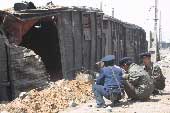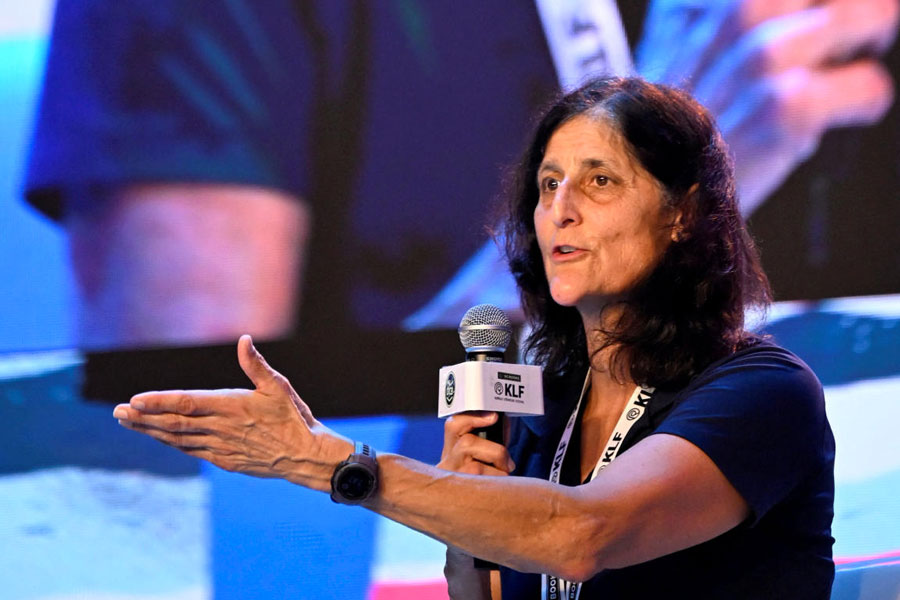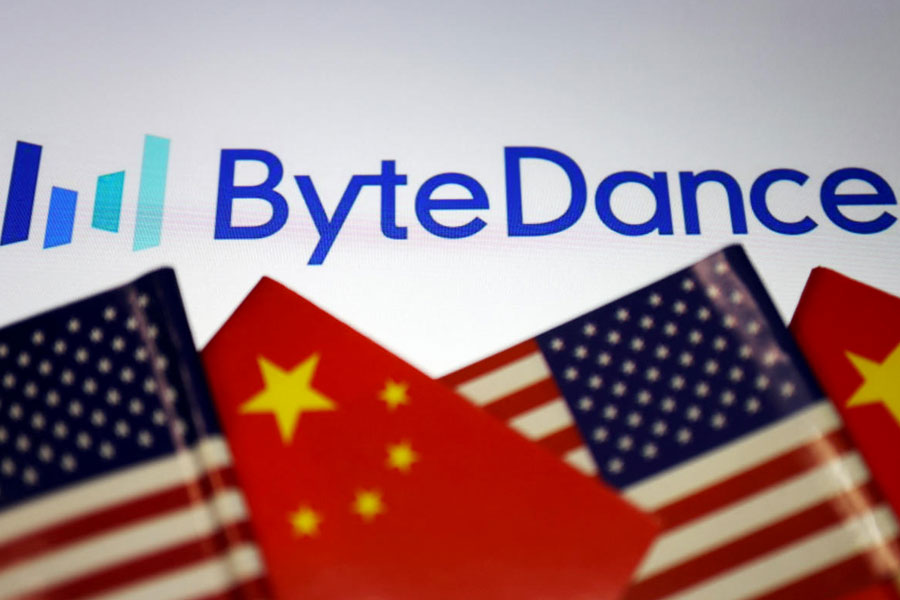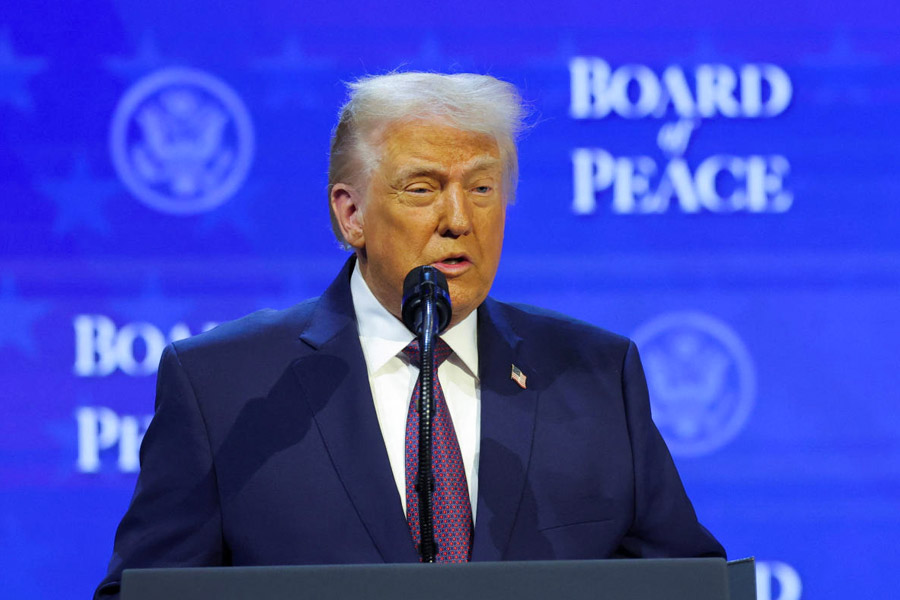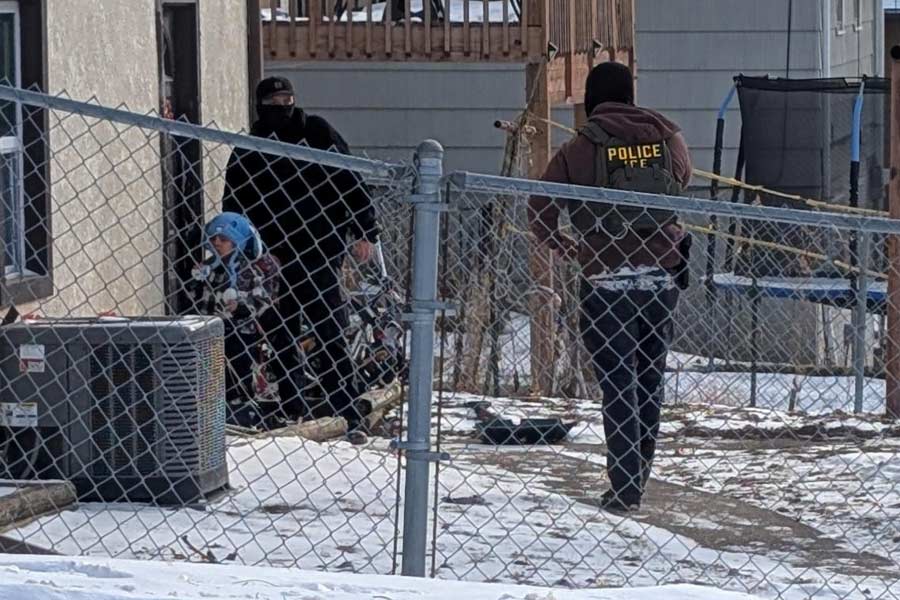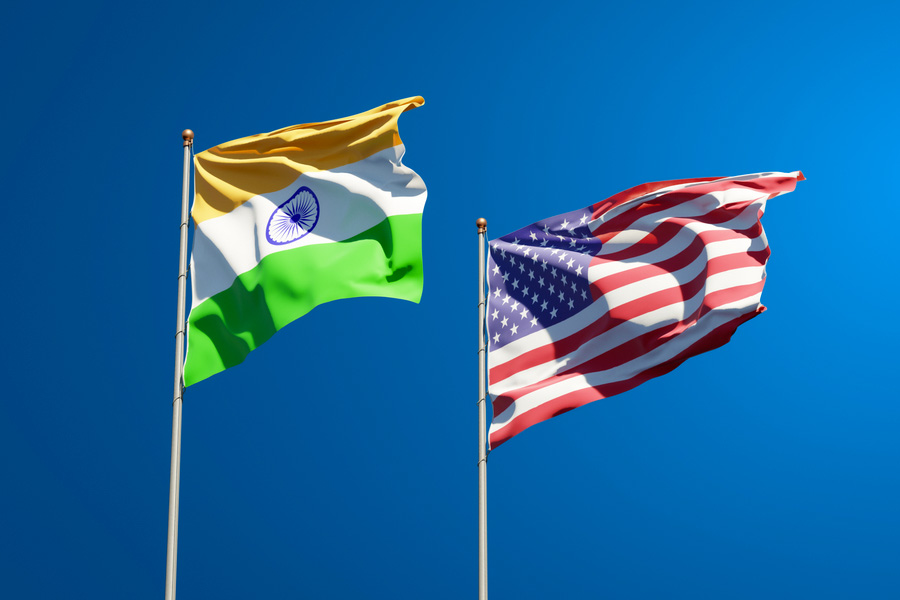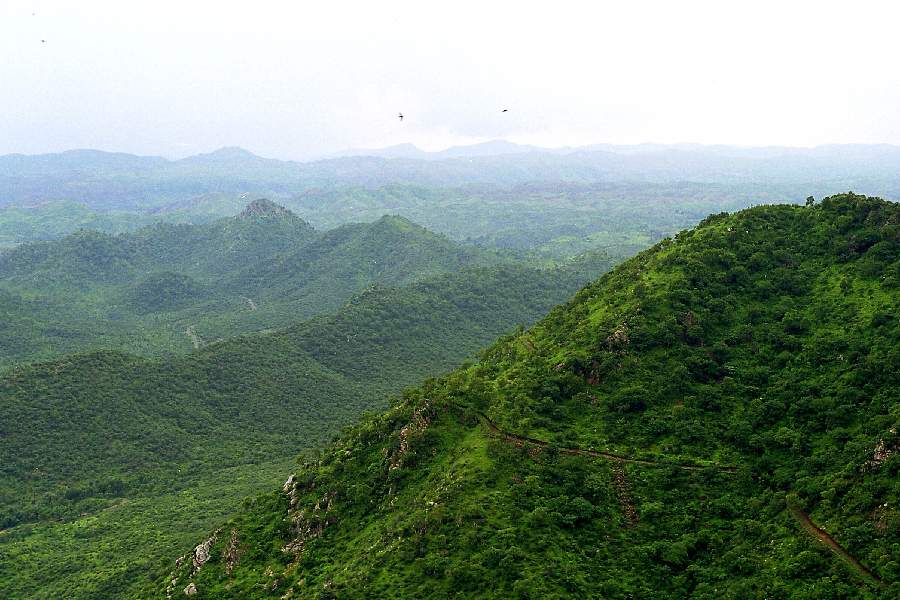 |
| Byung-Hee Kwon and Sung-Hee Chang: Linguistic ties |
After setting up the country’s first Korean Culture and Language Center in Calcutta two years ago, Byung-Hee Kwon and Sung-Hee Chang have broken fresh ground in their drive to bring Bengal closer to Korea. The “madly-in-love-with-everything-Bengali” Korean couple has compiled “the world’s first Bengali-Korean dictionary” as a first step towards making the “vast ocean” of Bengali literature accessible to Koreans “in the language of Tagore”.
To be unveiled on July 30 by Governor Viren J. Shah, this pioneering work has a repository of 10,000 “oft-used” Bengali words and compound-word coinages with appropriate Korean equivalents. Published by Seha Press of Seoul, the 385-page dictionary will be available in Calcutta at the Korean Center. For the moment, the dictionary, priced at 300 Bangladeshi Taka, will hit bookstands in Korea and Bangladesh, but will be distributed in Calcutta through the Salt Lake institute.
“Since this is aimed to serve as a beginner’s guide, we have chosen words of widespread use in Bengali,” explains Byung, president of the culture and language centre, who has helped wife Sung compile the dictionary over a decade. “We started working on the dictionary way back in 1993-94 in Bangladesh, when I was the principal of a nursing school there,” says Sung. She and Byung, on a rural development mission with an NGO in Bangladesh, had met in Dhaka in 1989 and “fallen in love with each other, as well as the Bengali language”.
The duo picked up the basics of Bengali at Dhaka University during the nine-year stint in Bangladesh as part of numerous rural and human development missions. “There is an amazing similarity between Korean and Bengali, which inspired us to start the dictionary project,” says Byung, who set up the language institute in Salt Lake in February, 2001, and is now president of the Korean Community in Calcutta.
If the culture and language centre was conceptualised to foster Bengal-Korea ties, the dictionary is aimed at taking that relationship to a higher plane. “It is unfortunate that in Korean universities where all the Asian languages are taught, the only Indian language featured is Hindi, and the people are denied a first-hand taste of the rich Bengali literature, particularly the works of Rabindranath Tagore, who is a household name back home,” laments Byung. He is in dialogue with Chongbuk National University in Chonju, Korea, to start a Bengali department there.
Sung and Byung were assisted in their efforts to select “relevant” Bengali words by Monsur Musa, then director of Bangla Academy in Dhaka, and are also “indebted” to Snehanshu Mukherjee, a student at the Calcutta Korean language institute, who helped them out with “actual usage” of those words. “Initially, we used to cut out words from a Bengali-English dictionary with a pair of scissors and paste them on large sheets of paper. But a Briton named Robin, who ironed out glitches in a programme enabling us to type Bengali and Korean scripts alongside English on the same set of keys, made our task easier,” recalls Sung.
The couple has already started work on a reciprocal Korean-Bengali dictionary while adding entries to the Bengali-Korean one. “We plan to bring out an updated volume later,” explains 42-year-old Byung, a Masters in agronomy.

